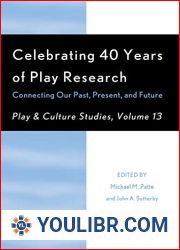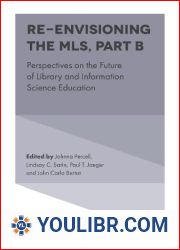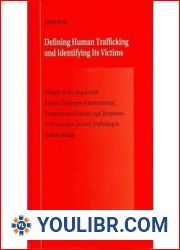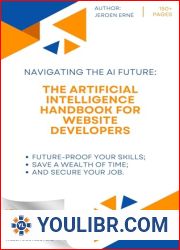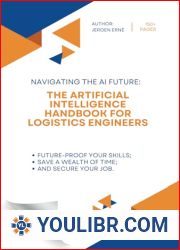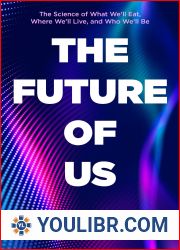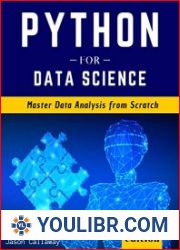
BOOKS - AI Horizons Shaping a Better Future Through Responsible Innovation and Human ...

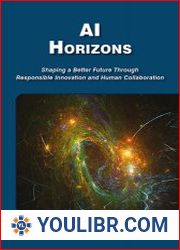
US $7.65

384522

384522
AI Horizons Shaping a Better Future Through Responsible Innovation and Human Collaboration
Author: Enamul Haque
Year: 2024
Format: PDF | EPUB
File size: 10.1 MB
Language: ENG
Year: 2024
Format: PDF | EPUB
File size: 10.1 MB
Language: ENG
As we stand on the brink of a new era, this book offers a comprehensive exploration of AI's ethical, social, and technological implications. It explores privacy, fairness, accountability, and the digital divide. The book features real-world case studies across diverse industries to illustrate AI's transformative power and its potential to revolutionize healthcare, education, transportation, and more. Special attention is given to the adoption of AI in emerging markets and emphasizes the importance of human-AI collaboration, where AI augments human intelligence and creativity rather than replacing it. It examines the need for human-centric design while also exploring AI governance and the role of multi-stakeholder collaboration in shaping the future of this technology. By fostering a comprehensive understanding of AI and its myriad implications, the book inspires thoughtful dialogue and responsible action to ensure a brighter, more equitable future for all. Machine Learning (ML) represents a specialized branch within the broader field of artificial intelligence, focusing primarily on crafting computer programs capable of learning and evolving through experience. At its heart, ML revolves around developing algorithms designed to sift through and analyze extensive datasets, discerning patterns within. This process empowers these systems to make informed predictions or decisions based on their analyses. Crucially, ML algorithms are broadly classified into three categories: supervised learning, unsupervised learning, and reinforcement learning. Each type represents a unique method for training these algorithms, each with its distinct set of uses and inherent limitations.








